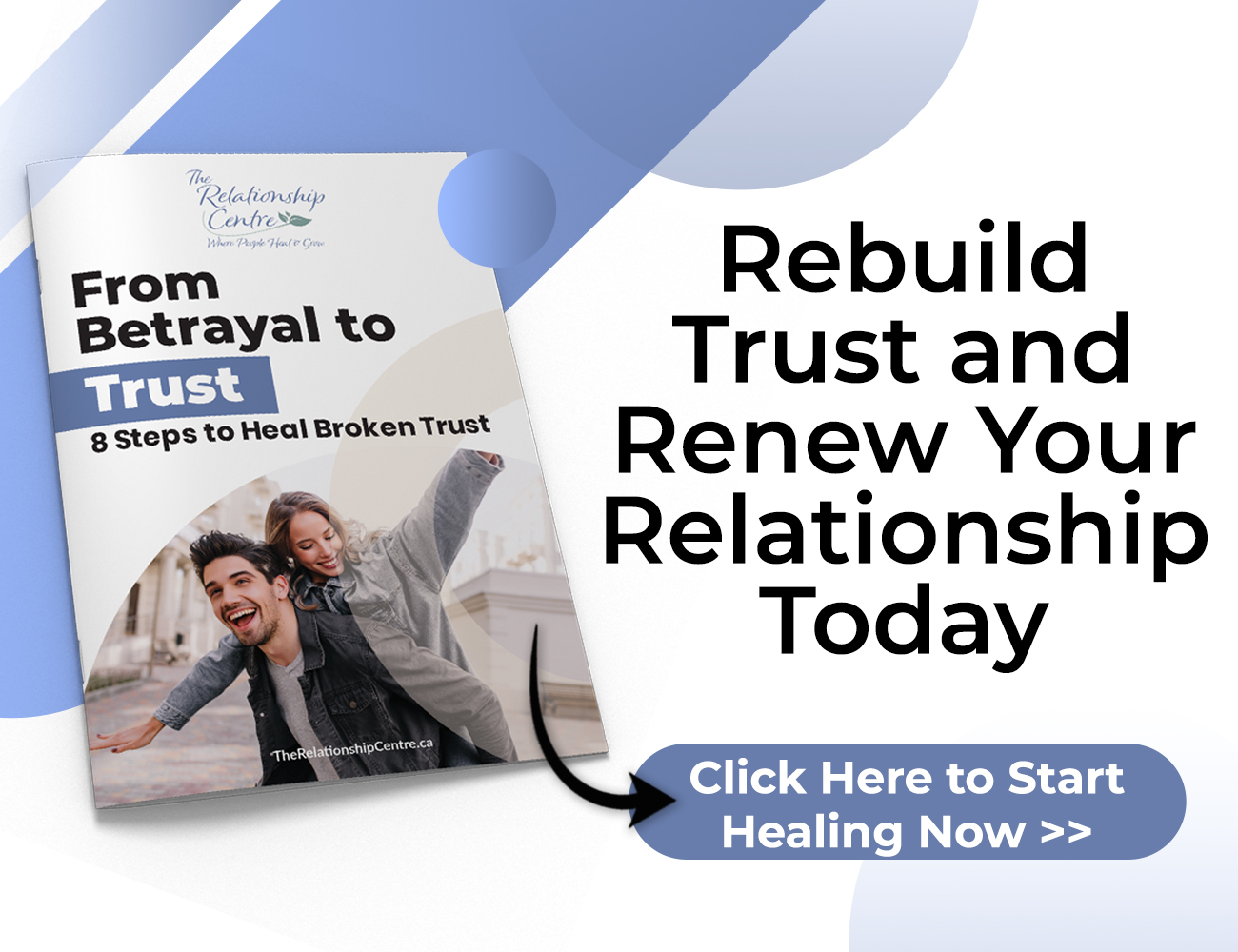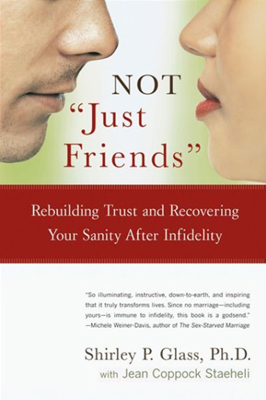Affairs are damaging. They rock the foundation of a relationship creating a spiral of destruction and despair. However, there are other forms of betrayal that can be equally damaging to intimate relationships.
Betrayal of trust can appear in many forms. While some are more obvious than others, they all impact the trust and emotional safety within a relationship.
Here are some other ways that betrayal can show up in a relationship.
Hiding an addiction. Hiding an addiction whether it is to alcohol, drugs, online shopping or pornography leaves a partner feeling that there is a part of you and your life that is completely unknown to them. This leads to questions about what else you may have hidden from them and why you did not feel you could share this with them. They may question what it is about them that leaves you turning to these other substances or activities to numb or escape. They may question why they are not good enough or special enough to let them know what is really going on for you.


Confiding your problems in others first. Relationships should be trusting and maintain open communication. If you are confiding your problems with your friends first and not your partner, they will wonder why you can’t trust them to talk about your problems. They will feel hurt and left out of the important areas of your life. Once again, they will be left to wonder, “Why didn’t you talk to me?”
Lying. Is just bad, period. But when you lie to your partner, even about unimportant things, it erodes trust. It also begs the questions, “If they will lie about something so unimportant, how they can ever tell me the truth about the big stuff.” Always speak the truth, no matter how bad the truth may be, a lie is always worse.
Disrespect & “Not Having Your Back.” This can take many forms. Speaking badly about you to family or friends, not sticking up for you in front of others, putting you down in front of others, disregarding your opinion or ignoring you at events are some of the ways disrespect can show up in a relationship. We expect our partner to be our main source of support; to stand up for us and to not allow others to treat us poorly. When this does not occur, or worse yet, when they participate in disrespectful behaviour toward us with others, you lose trust and faith in them to be your ally. Instead, you may feel that you are left to face the world alone.
Emotional cheating. If you are talking or messaging with someone and you would be worried if your partner discovered the conversation, you may be engaged in emotional cheating. Emotional cheating includes contact that becomes more personally intimate, special or sexually flirtatious with someone other than your partner. Other warning signs include staying up late to engage in contact with this person, being secretive with your phone, and minimizing and dismissing your behaviour if challenged by your partner convincing yourself that there is nothing physical going on so it is harmless. It is not harmless and your partner is being hurt by this behaviour as your heart should belong to them and them alone.
Bullying or emotional/verbal abuse. Name-calling, bullying, put-downs, or outbursts of anger that leave your partner fearful are forms of emotional abuse. And all emotional or verbal abuse is damaging. These forms of abuse make it impossible to have safety and trust in a relationship. Although your partner may love you, they cannot have trust as they never know when the next verbal attack or outburst will occur.
Shutting Down, Withdrawing or Stonewalling. Being emotionally unavailable or inaccessible to your partner creates a violation of trust as it is not what is expected. In a relationship, you expect a partnership where you share and engage together. If you experience yourself being shut out from your partner, your need for emotional connection is ignored. It is also easy to interpret withdrawal as a lack of care or concern toward you. There is usually more going on for the partner who is withdrawing, but this type of experience leaves you feeling alone and that you cannot trust your partner to be there for you.
Good relationships don’t just happen – they take work and care to create them.
Trust is essential to a strong healthy relationship and it must be built over time, and repaired, even if there is a small violation of trust. If you need help building more trust in your relationship, reach out to let one of our relationship specialists help you.
Having a solid trusting relationship is one of the best gifts you can give yourself, your partner and your family if you have children together.


Book Recommendation
In Not “Just Friends” one of the world’s leading experts on infidelity provides a step-by-step guide through the process of marital infidelity—from suspicion and revelation to healing, and provides profound, practical guidance to prevent cheating and, if it happens, recover and heal from it.











